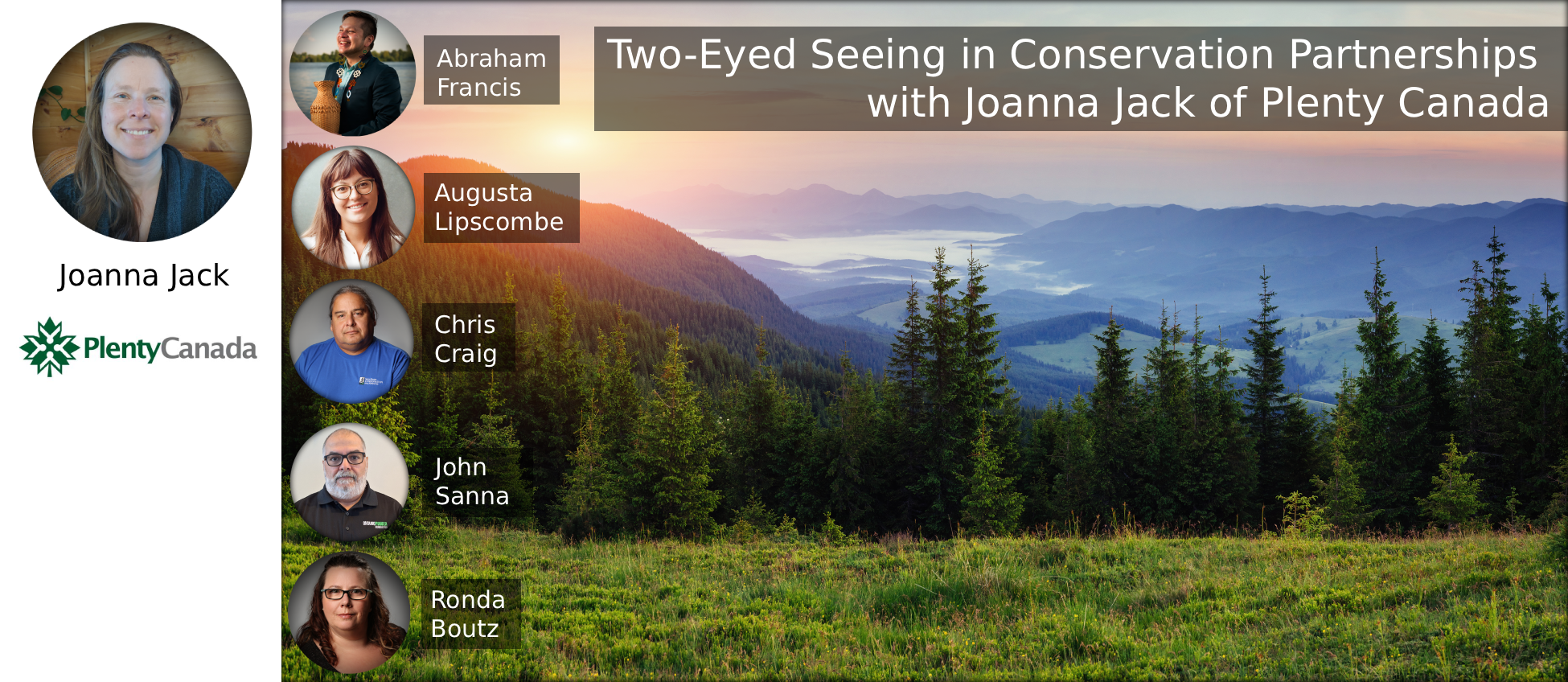
Dates: September 15, 22, & 29, 1-3 PM ET
Cost: $60 (Zoom Meeting, camera and audio enabled)
75 participant limit
*All registrants will be provided with a link to the recording and presentation slides following the session. The recording will be available for 60 days.
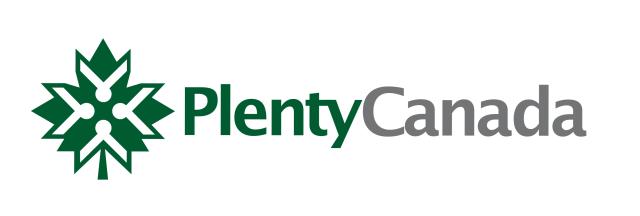
The concept of Etuaptmumk, the Mi'kmaw term for Two-Eyed Seeing, has emerged as a promising framework for cross-cultural collaboration as non-Indigenous organizations increasingly seek to support Indigenous conservation leadership. Mi’kmaw Elder Albert Marshall coined this term to describe an approach of bringing together the best of multiple knowledge systems to work toward a common goal.
Despite increasing calls to apply Two-Eyed Seeing in conservation partnerships, confusion exists around what it looks like in practice. This training aims to clarify that question, drawing from initiatives across Canada where the concept is being applied. It takes the form of three online workshops inspired by Elder Albert Marshall’s approach to co-learning, with an emphasis on collective sharing, reflection and responsibility for action, as well as opportunities for questions and dialogue.
To kick off this workshop series, participants will meet founding members of a partnership that successfully applied Two-Eyed Seeing. The Healing Place working group came together in 2020 to develop a community green space on the traditional territories of the Algonquin and Mohawk Nations in Eastern Ontario. What began as a simple tree plant supported by First Nations governments, a Conservation Authority, not-for-profits and a Crown Corporation catalyzed a deeper, more meaningful, step on the journey toward reconciliation between ourselves and the natural world. It resulted in an initiative whose impact exceeded everyone’s expectations and continues to grow to this day.
In this second session of the series, participants will be introduced to the key factors contributing to the success to Two-Eyed Seeing in conservation partnerships. Issues, concerns and opportunities for productive engagement between Indigenous and non-Indigenous partners will be explored. Participants will also be introduced to practical considerations for engaging with the framework of Two-Eyed Seeing through partnership.
In this third and final session, participants will have an opportunity to transform their key learnings into tangible plans for action from a Two-Eyed Seeing perspective, working together through live examples.
These workshops will be valuable to conservation practitioners looking to build and strengthen cross-cultural partnerships in their work.
.png)

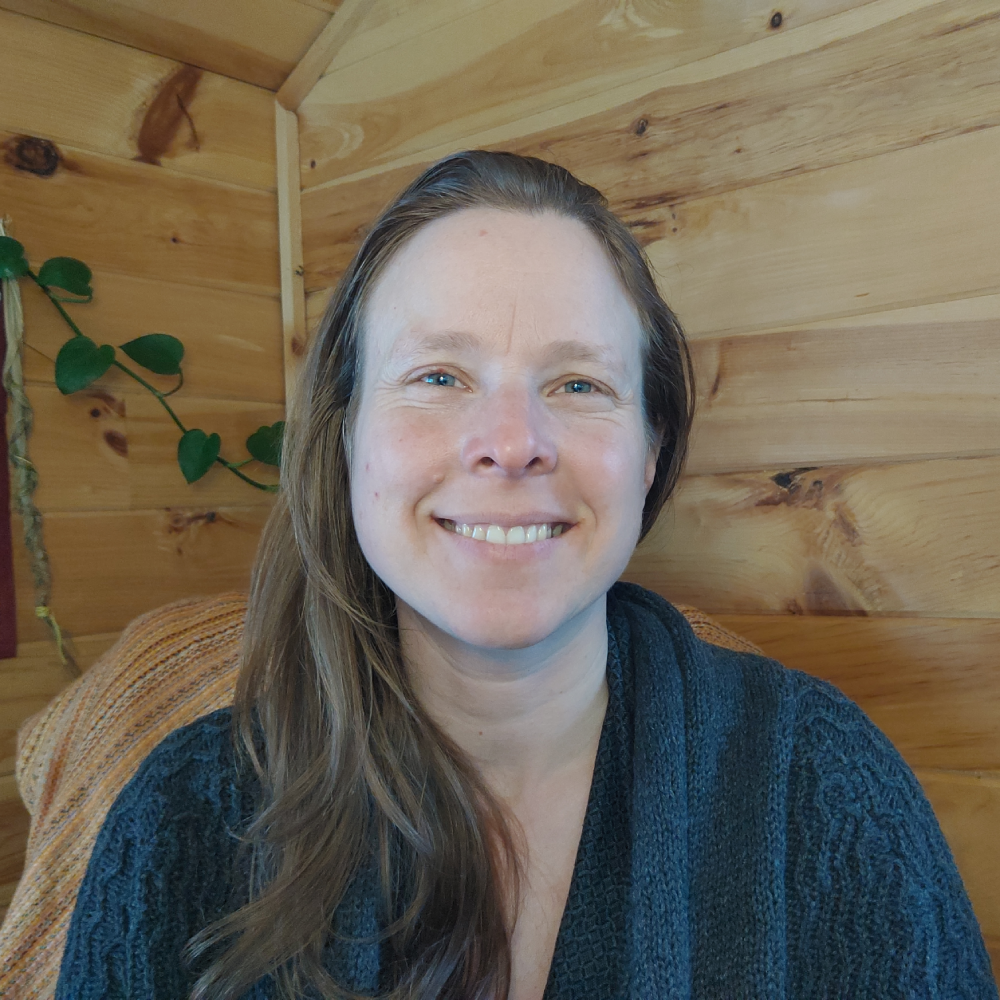
Joanna Jack is an environmental practitioner with 20+ years of experience working for government and not-for-profit organizations, over half of that working with and for First Nations peoples.
Thanks to the generosity of many knowledge keepers sharing their perspectives with her, as a person of settler ancestry, she embarked on a journey of unlearning. After witnessing challenges with implementation of Two-Eyed Seeing through partnerships, Joanna embarked on a Mitacs research project to better understand factors contributing to success, through the University of Guelph’s Masters of Conservation Leadership program. This workshop series is a product of that research.

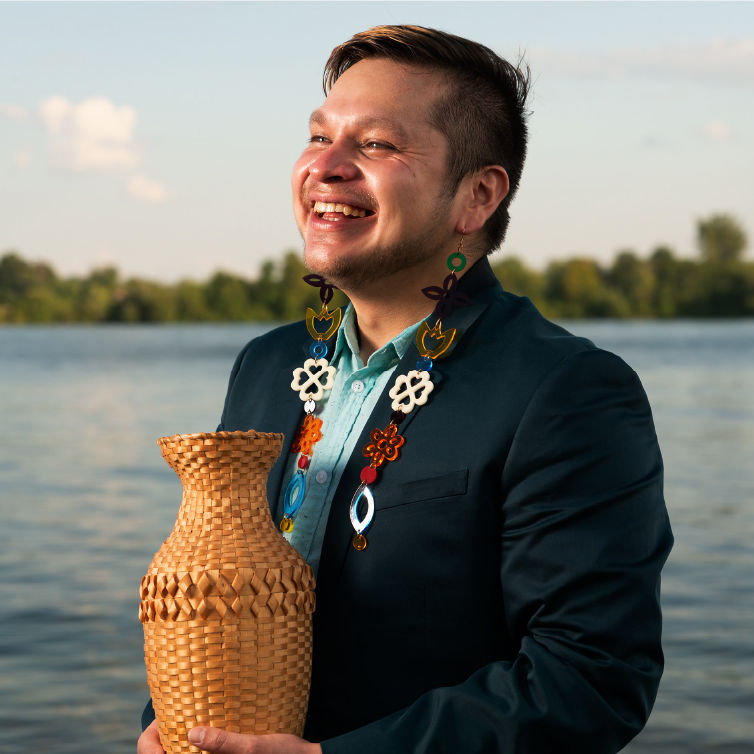
Abraham Francis, Akwesasronon PhD Candidate, former Program Manager for the Environment for the Mohawk Council of Akwesasne.
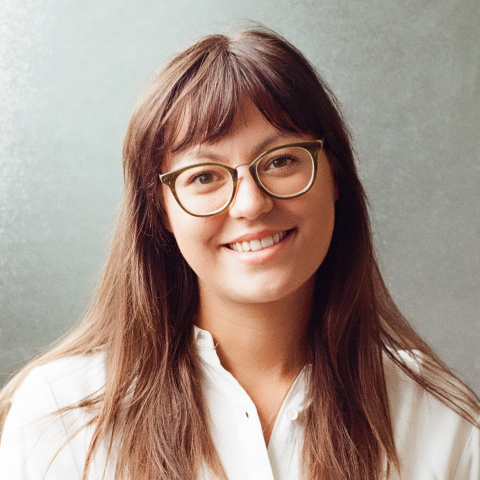
Augusta Lipscombe, former communications and Stakeholder Relations Manager with Forests Ontario.
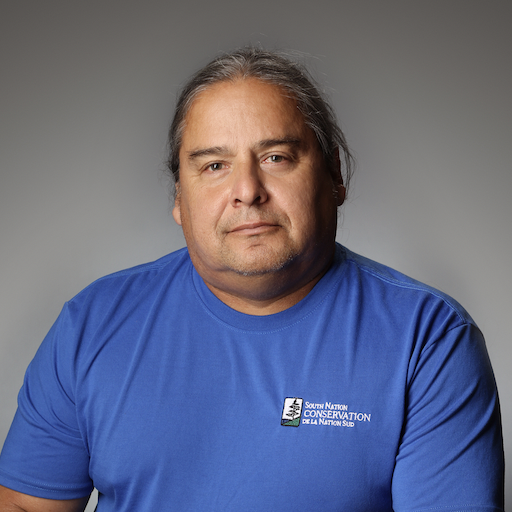
Chris Craig, member of Algonquins of Pikwakanagan, Senior Forestry Technician at South Nation Conservation.
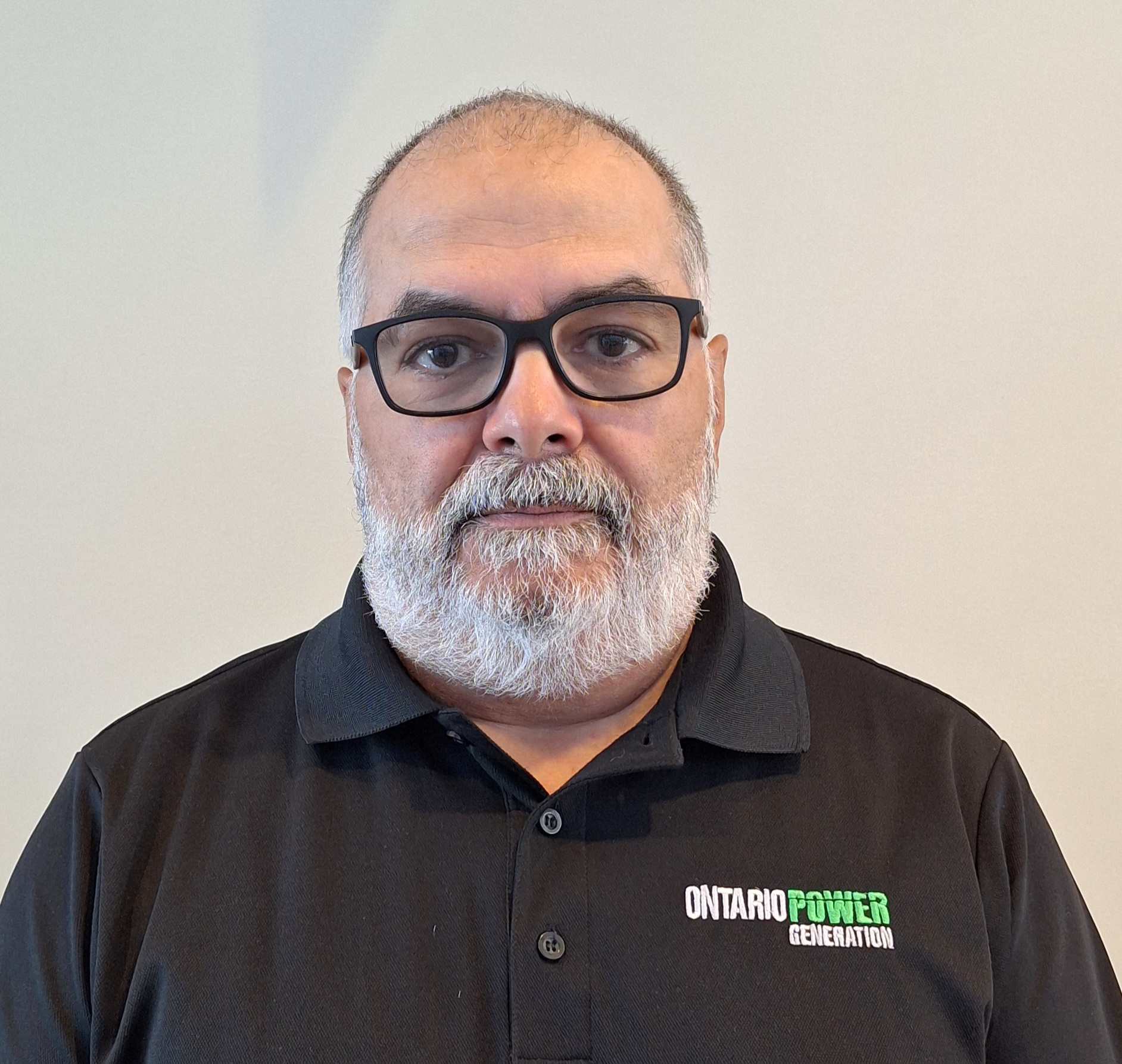
John Sanna, Site Environmental Advisor Eastern Operations at Ontario Power Generation.
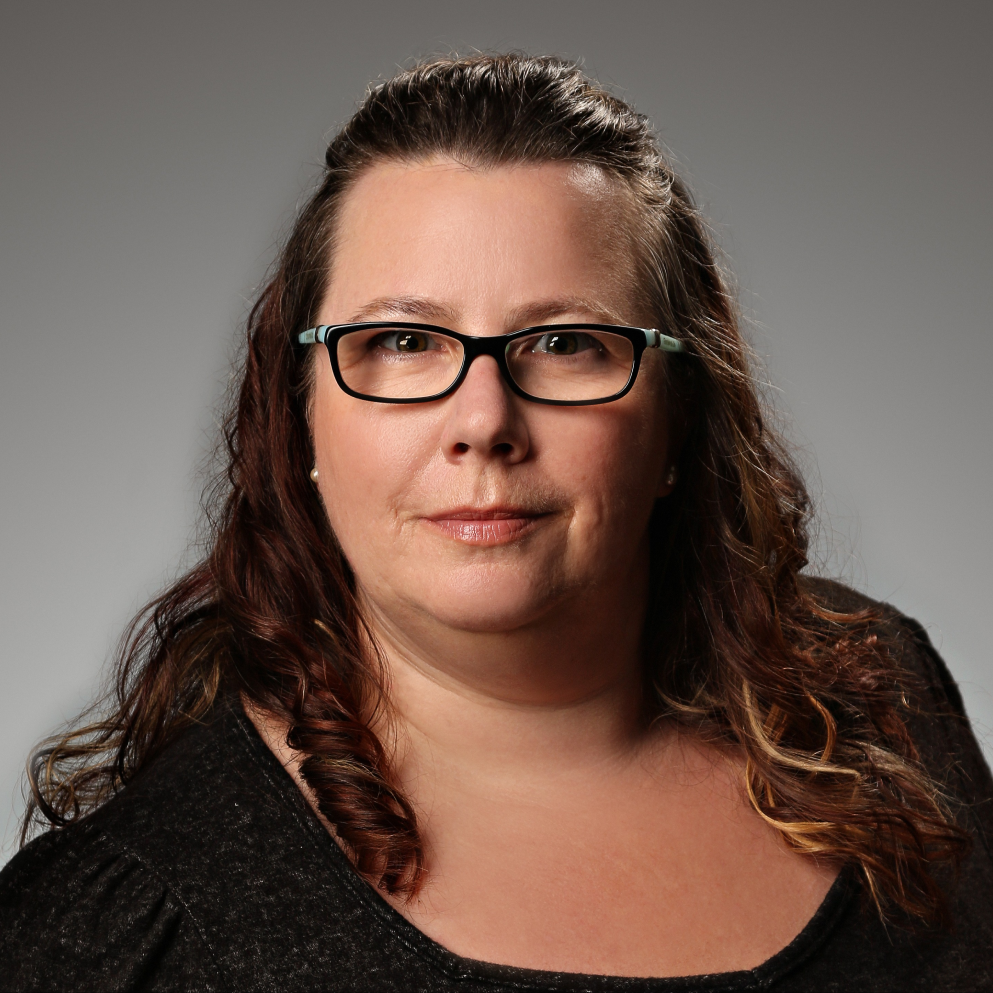
Ronda Boutz, Secretary Treasurer at South Nation Conservation.
Session 1: Settler Colonialism 101
Introduce ENGO representatives to the fact that colonization is a structure and not an event. Identifies key ways that colonialism moves through individuals and organizations.
Session 2: Positionality
ENGO representatives learn how to articulate their social location within a settler colonial state, and in relation to potential Indigenous partners.
Session 3: Inherent Indigenous Governance 101
Introduce the fact that Indigenous nations have their own sources of political authority that they can (and do) draw on when addressing environmental issues. Examples provided.
Session 4: Building Better Relations
ENGO representatives will road test ways they can implement previous workshop key points to re-imagine partnerships with Indigenous nations.
Cost: $100 (or register 4 staff from the same organization for one stream and get the 5th registration free)
All registrants will be provided with a link to access the recordings and presentation slides for 60 days following each session.

Session 1: Diagnosing Settler Colonialism in the Enviro Sector
Participants will be asked to share ways in which they have diagnosed and traced power in social justice movements and/or in the ENGO sector. This workshop will make space for discomfort as part of promoting decolonization.
Session 2: Inherent Indigenous Governance
A mix of advanced and introductory theory, this workshop delves into legal and political pluralism, naming the fact that Indigenous nations have their own sources of political authority that they can (and do) draw on when addressing environmental issues.
Session 3: The Nonprofit Industrial Complex
ENGO participants are introduced to theories and examples describing the Nonprofit Industrial Complex and the “Shadow State.” Purpose is to show how settler colonialism structures civil society.
Session 4: Decolonizing ENGO-First Nation Partnerships
This workshop delves deep into how ENGOs can partner with Indigenous nations beyond the Nonprofit Industrial Complex while promoting deference to inherent Indigenous political leaders.
Cost: $100 (or register 4 staff from the same organization for one stream and get the 5th registration free)
All registrants will be provided with a link to access the recordings and presentation slides for 60 days following each session.

The Indigenous only space will be collaborative in nature but critical in approach. This track is a space for Indigenous folks within the ENGO sector to come together to discuss their experiences and work, with an eye to taking a position on what the sector might need to do in order to promote decolonization. Participants will use the first session to define our goals for the remaining three meetings. Therefore, session topics named here are proposals only.
Session 1: Naming the Cannibal: Settler Colonialism in the ENGO Sector
Session 2: Proposed topic: Reflections on working in the ENGO Sector
Session 3: Proposed topic: Centering Indigenous Thought in the ENGO Sector
Session 4: Proposed topic: Visioning a Decolonial Environmental Sector
Cost: Free
